What is ARSENOX 1MG?
ARSENOX 1MG is a prescription medication that contains arsenic trioxide as its active ingredient. It is primarily used in the treatment of a specific type of leukemia known as acute promyelocytic leukemia (APL). This medication falls under the category of anti-neoplastic agents and is typically administered under strict medical supervision in hospital or specialized care settings.
What is the Use of ARSENOX 1MG?
ARSENOX 1MG is mainly used to treat newly diagnosed or relapsed acute promyelocytic leukemia (APL), particularly in patients who are positive for the PML/RAR-alpha gene mutation. It works by inducing apoptosis (programmed cell death) and promoting the differentiation of abnormal promyelocytes, helping to restore normal bone marrow function and blood cell production.
Benefits of ARSENOX 1MG
-
Highly effective in APL treatment: Especially useful for patients with the PML/RAR-alpha mutation.
-
Alternative to chemotherapy: Offers a non-traditional route for those who may not tolerate standard chemotherapy well.
-
Can be used in combination therapy: Often combined with other agents like ATRA (all-trans retinoic acid) for better outcomes.
-
Potential for remission: In many cases, ARSENOX 1MG helps patients achieve complete remission when monitored appropriately.
Side Effects of ARSENOX 1MG
While effective, ARSENOX 1MG can cause side effects that vary in intensity from patient to patient. Common and serious side effects include:
Common Side Effects:
-
Fatigue
-
Nausea or vomiting
-
Diarrhea or constipation
-
Headache
-
Dizziness
Serious Side Effects:
-
QT prolongation (irregular heartbeat)
-
Differentiation syndrome (fever, difficulty breathing, rapid weight gain)
-
Electrolyte imbalances (e.g., low potassium or magnesium)
-
Liver function abnormalities
Patients receiving ARSENOX 1MG require frequent monitoring of heart function, blood counts, and electrolyte levels during treatment to manage these risks.
Precautions and Warnings
-
Not recommended during pregnancy or breastfeeding.
-
Must be administered in a controlled medical environment.
-
Caution in patients with heart conditions or electrolyte imbalances.
-
Regular ECG monitoring and blood tests are necessary.
-
What is ARSENOX 1MG used for?
ARSENOX 1MG is used to treat acute promyelocytic leukemia (APL), a subtype of acute myeloid leukemia. -
How does ARSENOX 1MG work?
It works by promoting the death of abnormal white blood cells (promyelocytes) and encouraging their maturation into normal cells. -
What is the active ingredient in ARSENOX 1MG?
The active ingredient is arsenic trioxide. -
Is ARSENOX 1MG a form of chemotherapy?
Yes, it is considered a non-traditional chemotherapeutic agent and is often used in combination with other drugs like all-trans retinoic acid (ATRA). -
How is ARSENOX 1MG administered?
It is typically given as an intravenous (IV) infusion under medical supervision in a hospital or clinic. -
What are the most common side effects of ARSENOX 1MG?
Common side effects include nausea, fatigue, headache, and dizziness. Serious effects can include heart rhythm problems and differentiation syndrome. -
What is differentiation syndrome?
It is a serious condition that can occur during APL treatment, marked by symptoms like fever, weight gain, breathing difficulty, and fluid buildup. It requires immediate medical attention. -
How long does treatment with ARSENOX 1MG last?
The duration varies depending on whether it is used for induction, consolidation, or relapse treatment. Treatment schedules are typically outlined by a hematologist. -
Can ARSENOX 1MG cause heart problems?
Yes. It may cause QT interval prolongation, a serious heart rhythm disturbance. Regular ECG monitoring is essential. -
Are there any dietary restrictions while using ARSENOX 1MG?
There are no strict dietary restrictions, but maintaining adequate hydration and avoiding alcohol or substances that affect liver function is recommended. -
Is ARSENOX 1MG safe during pregnancy or breastfeeding?
No, it is not recommended. It may harm the fetus or infant. Effective contraception should be used during treatment. -
Can ARSENOX 1MG be used in children?
It may be used in pediatric patients under strict medical supervision, but dosage and safety should be carefully managed by a specialist. -
What should I do if I miss a dose?
Since it’s administered in a clinical setting, missed doses are rare. If missed, your healthcare provider will advise on rescheduling. -
Can ARSENOX 1MG interact with other medications?
Yes, especially drugs that affect heart rhythm, electrolyte levels, or liver function. Always inform your doctor about any medications or supplements you’re taking. -
What monitoring is required during ARSENOX 1MG treatment?
Regular ECG tests, blood counts, liver and kidney function tests, and electrolyte monitoring are required throughout treatment.

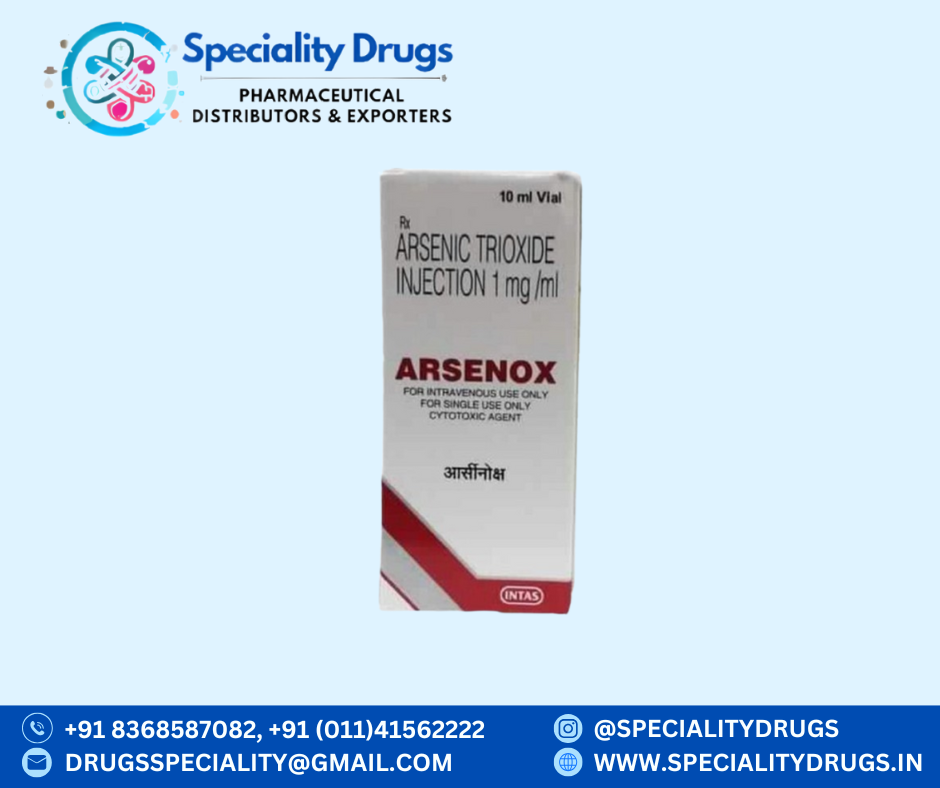
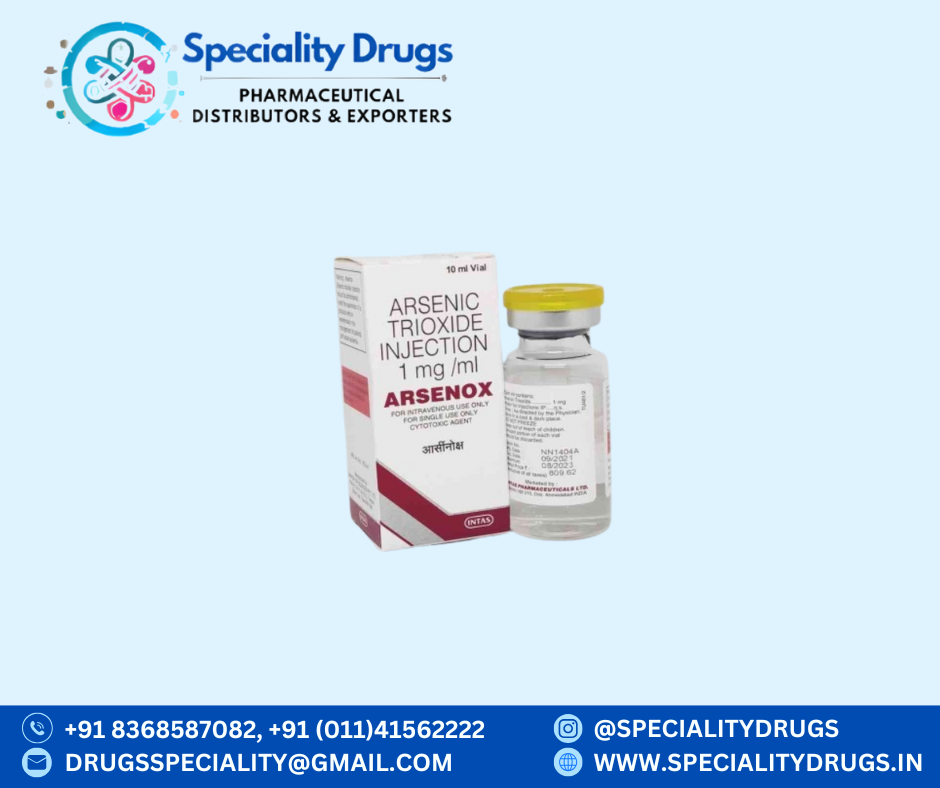
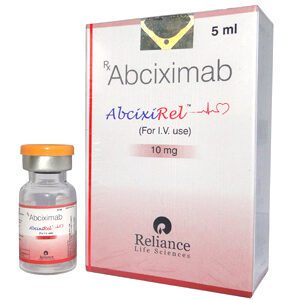
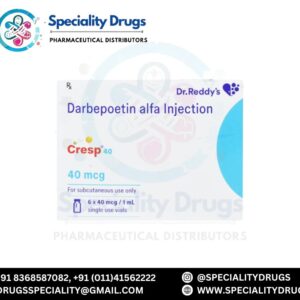
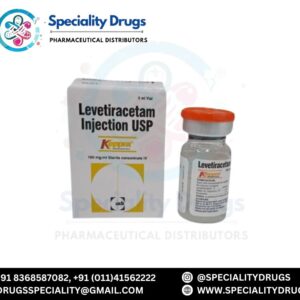
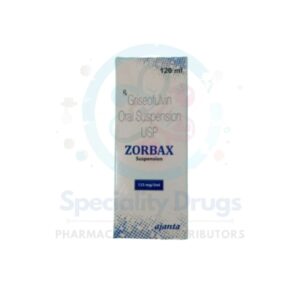
Reviews
There are no reviews yet.